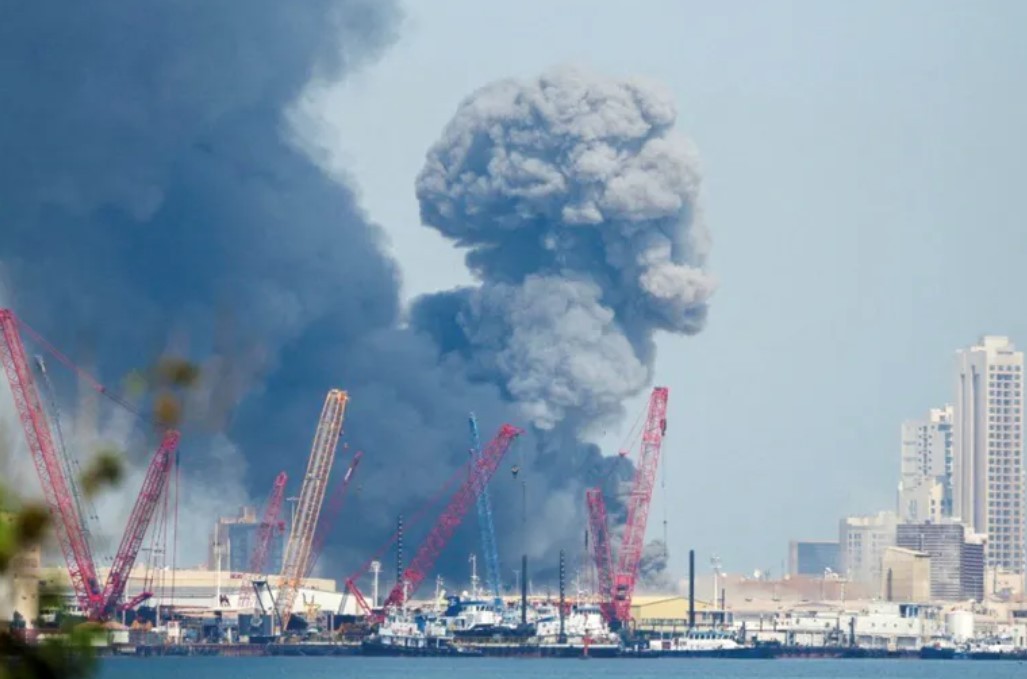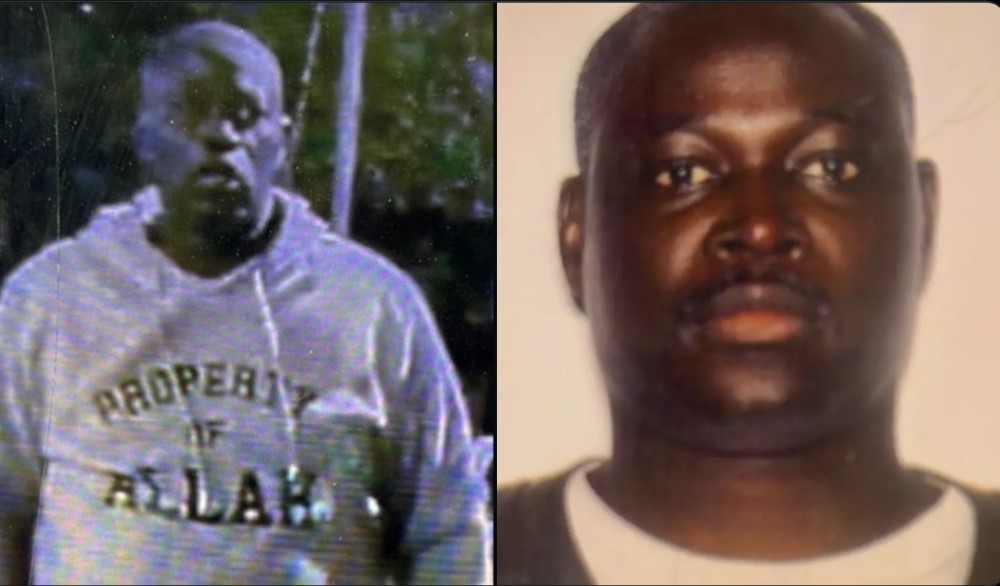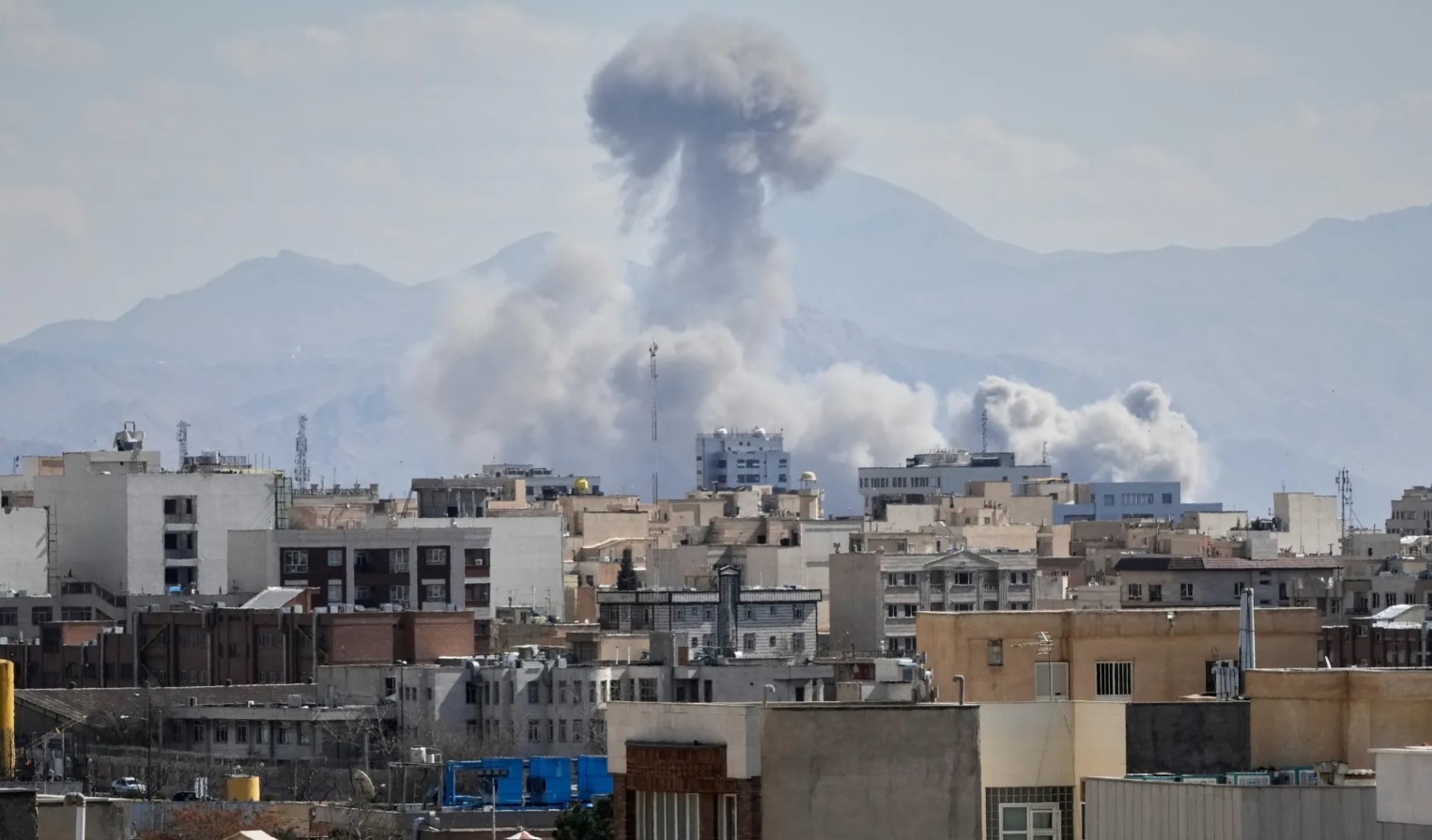Who is Gustavo Petro - Colombia’s President: Biography, Personal Life, Political Career
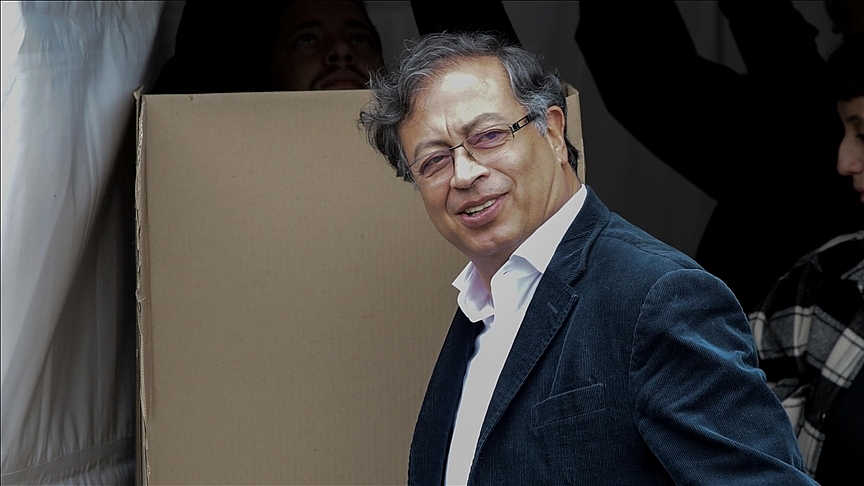 |
| Gustavo Petro Biography |
| Table of Content |
First Leftist Head of State in Colombia
Colombia elected former guerrilla fighter Gustavo Petro as president making him the country's first leftist head of state, elected with just over 50 percent of the vote.
According to statistics, Mr. Petro won 50.8% of the vote, while billionaire Rodolfo Hernandez - a representative of the Federation of right-wing anti-corruption rulers - won only 46.9%. support. Outgoing conservative President Ivan Duque congratulated Petro shortly after the results were announced, and Hernandez quickly conceded his defeat.
Petro's victory underlined a drastic change in presidential politics for a country that has long marginalized the left for its perceived association with the armed conflict.
Polls say most Colombians believe the country is heading in the wrong direction and disapprove of Duque, who was not eligible to seek reelection. The pandemic set back the country's anti-poverty efforts by at least a decade. Official figures show that 39 per cent of Colombia's lived on less than $89 US a month last year.
People broke into tears and hugged each other in the packed stadium where Petro received the election results. Leaders in Latin America and US Secretary of State Antony Blinken congratulated Petro for his win, which marks another victory for the left in the region. Mexico, Honduras, Argentina, Bolivia, Peru, and Chile have swung decisively to the left.
He defeated millionaire businessman Rodolfo Hernandez in Sunday's run-off election by some 700,000 votes, a landslide.
Petro ran on a pledge to reform the economic system in Colombia which in his words has made the rich richer and poor poorer. The relationship between the US and one of its staunchest allies in Latin American will likely change with Petro having promised to reassess Colombia’s collaboration in the war on drugs and restore relations with Venezuela.
“As of today, Colombia is changing, a real change that guides us to one of our aims: the politics of love … of understanding and dialogue,” Petro told his supporters in the Colombian capital, Bogota.
| “As of today, Colombia is changing, a real change that guides us to one of our aims: the politics of love … of understanding and dialogue,” a jubilant Petro told his supporters in the Colombian capital, Bogota. |
Who is Gustavo Petro: Biography, Early Life, Education
The newly elected 62 year old president of Colombia was born in rural north Colombian town of Ciénaga de Oro.
In his youth he was a member of the “Movimiento 19 de Abril” (M19) or 19th of April Movement, the second largest rebel faction after FARC. He studied at a school in the village of Zipaquirá, where writer Gabriel García Márquez was also a student. At age 17, he joined M-19, a guerrilla organization.
Although the M19 was associated with illegal activities, Petro says that he wasn’t involved in legal activities focusing instead on mobilizing his fellow countrymen to stand up to what he called a “false democracy.”
In 1985 he was arrested by the police for illegally possessing arms and sentenced to 18 months in jail. While in military prison, M19 attacked Bogota’s Supreme Court building. The assault left 98 people dead including 12 judges, Petro denies he had anything to do with it.
After M19 negotiated a peace deal with the Colombian government its former members, including Gustavo, formed the “Alianza Democrática M-19″ or M-19 Democratic Alliance. AD/M-19 entered the Colombian Chamber of Representatives in 1991 with over a quarter of the seats.
Gustavo Petro - Political Career
Petro has been part of different political parties over the years and was elected to the Senate in 2006. In 2012 he was elected mayor of Bogota and under his administration carrying firearms was prohibited resulting in the homicide rate dropping to its lowest in two decades. He ran for president twice before in 2010 and 2018.
It was during this period that Petro became a social leader. Together with hundreds of families, he helped take over a few parcels of land, which were used to create a new neighborhood.
| Some 22.6 million people of the 39 million eligible voters cast a ballot, about 1.2 million more than in the first round. Some 2.3 percent of voters turned in protest votes, backing neither candidate. |
This is the third time Petro has run for president. As an ex-guerrilla fighter, who is feared by the upper class and business elite, Petro seems an unlikely candidate. But in the past few years, he’s distanced himself from Cuba and Venezuela, become more involved with the feminist movement, and is now talking about forming a progressive alliance with Chilean President Gabriel Boric and Lula de Silva, who is running for president in Brazil. He’s also stopped dressing like a social leader in a bid to appear more like a statesman.
Petro was briefly on the council of Bolívar 83, before being captured and tortured by the military in 1985. Since that moment, he has been dogged by the premonition that his way of rebelling against the world would lead him to a violent death.
After leaving prison, he tried but failed to create an armed group in the mountains – being a guerilla was not his strong suit. In those years, he cut off all contact with his family and friends. He reintegrated into civilian life in 1990, when M-19 signed a peace treaty with the government.
Petro was first elected to Congress in 1991, but after finishing his term, he sought asylum in Belgium – former guerrilla fighters who were entering politics in Colombia were being assassinated. In Europe, he became an environmentalist, something which is seen in his proposed policies for Colombia.
As a lawmaker, he was a harsh critic of President Uribe (2002-2010). He spoke out against the links between politicians and paramilitaries, and the spying campaigns of the secret service, of which he himself was a victim. Petro believed that with this good reputation, he might reach the presidency. He ran in 2010, but did not have much success. But he didn’t give up. He became the mayor of Bogotá.
In 2018, he ran for president again. But the country had just voted against the peace agreement with FARC and was not ready to support a former guerilla.
But again he didn’t give up. Petro has been campaigning ever since.
Despite his shyness, Petro is a powerful publicWith running mate Francia Márquez, he won the first round, defeating Federico “Fico” Gutiérrez, the right-wing establishment candidate. speaker.
After holding 100 rallies, the 62-year-old believed he could win the elections in the first round by securing at least 50% of the vote
Former Guerrilla Fighter
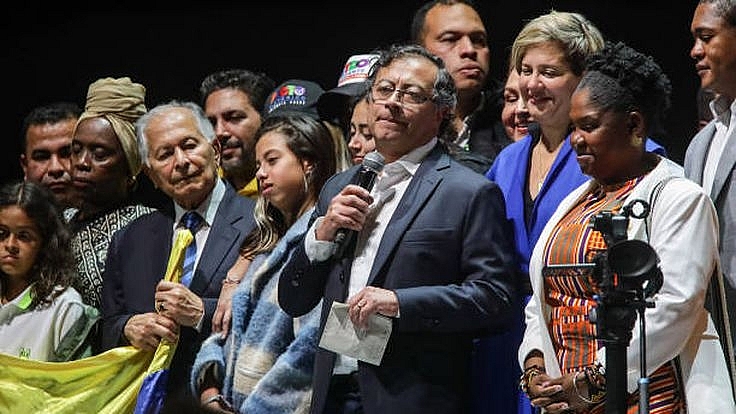 |
| Gustavo Petro, - Colombia’s new president |
At the age of 21, he joined the urban guerrilla group M-19, for which he later spent a year and a half in prison. The politician has said that during the days following his arrest he was tortured by the army and he was later convicted for illegal possession of weapons.
In 2010, he served as a congressman and in 2011 he became the mayor of Bogota, a position that propelled him to the national spotlight amid many controversies. In 2015, he ended his term in office with low popularity.
He has run for president three times and in 2018 he was defeated in a run-off by right-wing candidate Ivan Duque.
| Petro wants to diversify the economy, reduce Colombia’s overreliance on oil exports and halt all new oil exploration. He campaigned to expand social programs and increase taxes on the wealthy. He has also said that he would like to seek some form of drug legalization but he hasn’t given specific details of what that would look like. |




